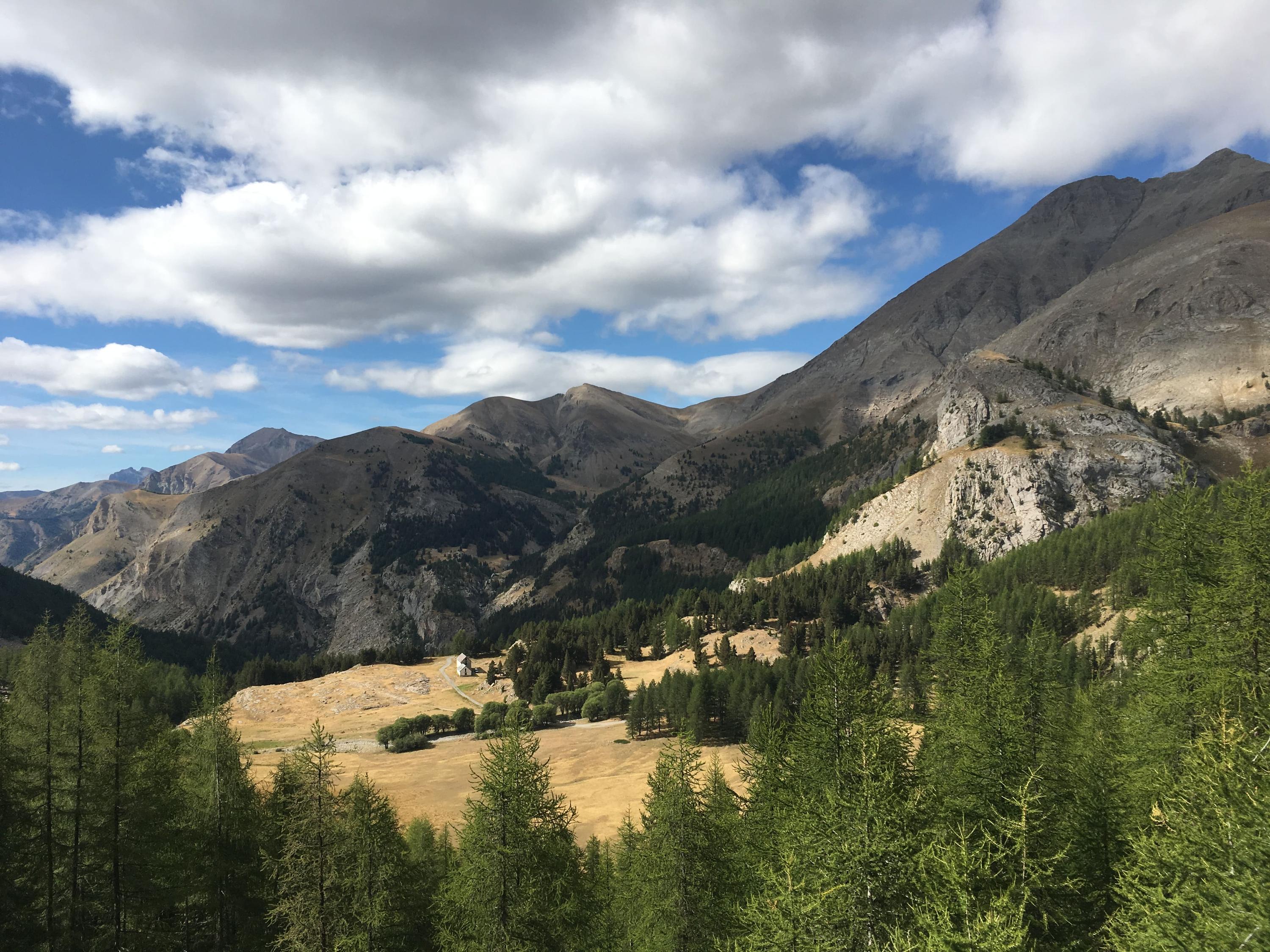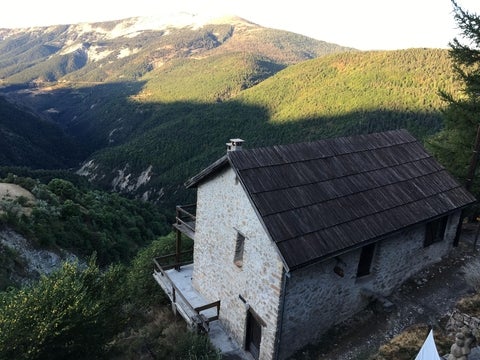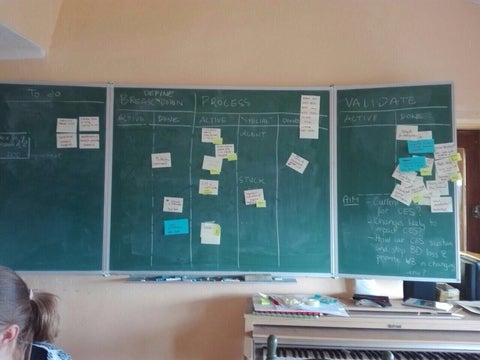12th ALTER-Net summer school
August 30 September 10, 2017

ALTER-Net summer school was a laboratory on what it means to be a scientist personally and professionally. The summer school is organized every year by ‘A Long-Term Biodiversity, Ecosystem and Awareness Research Network’ (ALTER-Net), a European network. Its 12th edition, “Biodiversity, ecosystem services: Science and its impact on policy and society”, focused on putting science into practice and demystifying myths about academia.
For ten days, students, tutors, and professors came together in discussing the emotions involved in presenting work for an academic audience; sharing knowledge and experiences; singing Swedish songs at the church; dancing to Indian music in the classroom; and practicing Brazilian capoeira in the Alps.
International summer schools are rich cultural events, providing a diversified environment for co-creation and critical thinking regarding the science we are producing. At the 12th ALTER-Net summer school, participants were stimulated to think critically about the research produced in the realm of ecosystem services, its potential to impact policy, and to push for positive change in society. We were exposed to new methods and stimulated to coordinate activities between five working groups to deliver a unified outcome for the “Helios” project - “How to maintain wellbeing and biodiversity in the upper Verdon Valley”.
These activities took place in a small village in the upper Verdon Valley, Southern Alps, France. The village of Peyresq was a target of territorial disputes in Europe, having already been under Italy’s control before 1860. Currently, it is a French village partly managed by the European Association for Culture and for Artistic and Scientific Humanism, a Belgium philanthropic foundation. Peyresq is known as a hotspot for scientific and cultural meetings, where researchers from all over the world get together to meet, discuss, and collaborate on intellectual content and beyond.
As a result of the combination between interesting participants, inspiring place, exquisite cuisine and high level discussions, we seized the learning environment to develop academic skills, constructively criticize the science we are producing, approach ecosystem services from different perspectives, discuss their contributions and areas for improvement, and build meaningful connections with people who share similar interests. I look forward to meeting Peyresq colleagues again on our academic journey and to continuing to develop the skills I learned through this experience.

